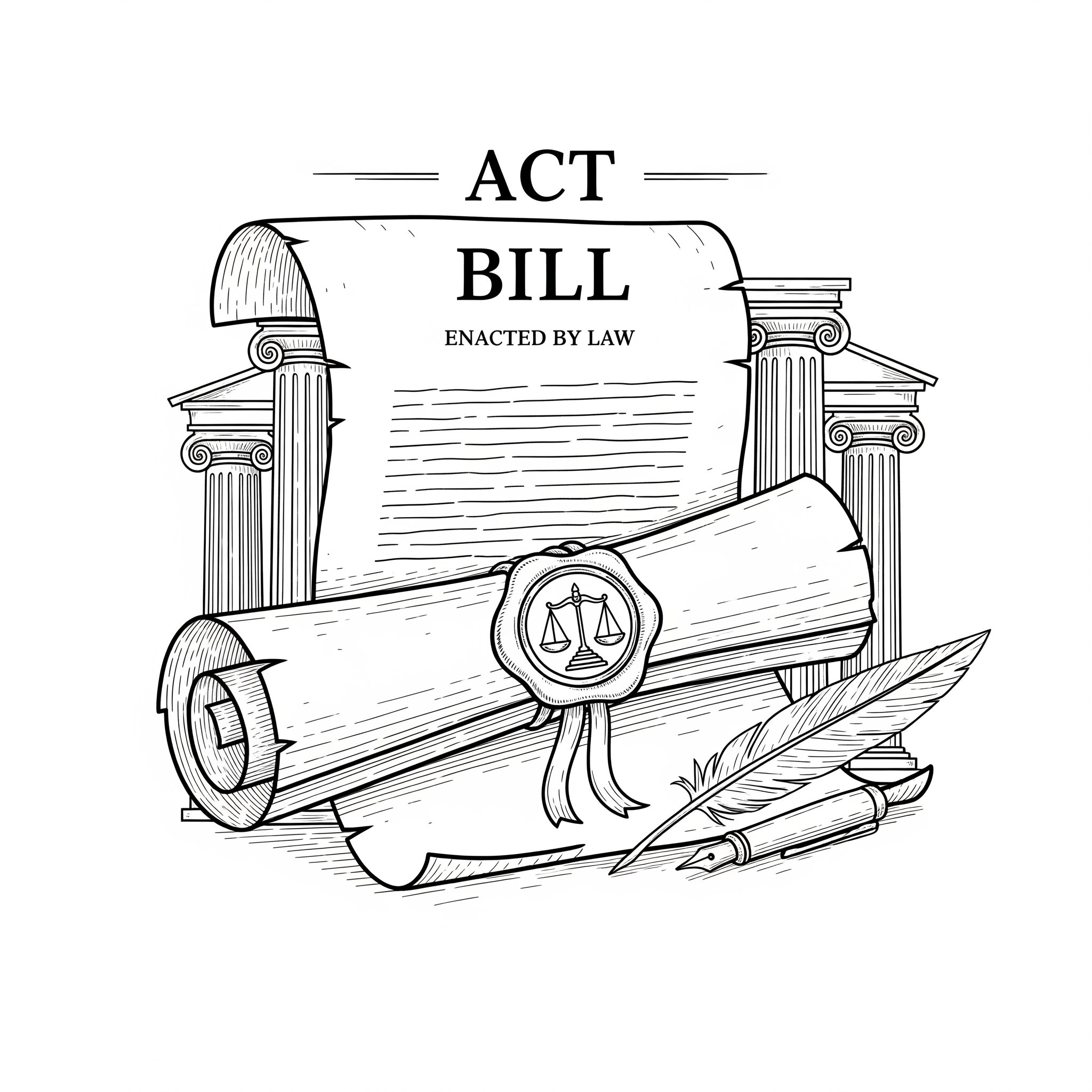Current Event Spotlight: Understanding the "One Big Beautiful Bill Act" (H.R.1) and Its HR Impact
One Big Beautiful Bill Act
Big News for Small Businesses: The One Big Beautiful Bill Act (OBBBA) and Your HR Strategy
The recently enacted "One Big Beautiful Bill Act" (OBBBA), signed into law on July 4, 2025, brings a wave of changes for businesses and their employees. While some provisions are already active, others roll out through 2026 and beyond. This comprehensive legislation touches on crucial HR areas, making it essential for small business owners to understand its implications for compliance, talent attraction, and retention.
Here’s a breakdown of what you need to know:
Navigating the Effective Dates
It's vital to note that the OBBBA has a staggered rollout. Some elements are retroactive to January 1, 2025, while others will take effect in 2026 or later. This complexity means keeping a close eye on upcoming guidance from the U.S. Treasury Department will be critical for accurate implementation and tax season preparation.
Key HR-Related Provisions Impacting Your Business:
1. Boost for Student Loan Assistance
Good news for employers looking to support their team's financial well-being! The OBBBA makes the popular tax-free employer student loan repayment assistance permanent. Previously set to expire, this benefit allows employers to contribute up to $5,250 annually per employee towards student loan repayment without it being considered taxable income for the employee. Even better, this annual limit will be indexed for inflation starting in 2027, ensuring its value keeps pace with rising costs. This expanded benefit can be a significant draw for recruiting and a powerful tool for retaining valuable employees.
2. Formalizing the Paid Family and Medical Leave Tax Credit
The OBBBA formalizes and enhances the existing Paid Family and Medical Leave (PFML) tax credit (Section 45S). While it primarily takes full effect for tax years beginning after December 31, 2025, now is the time to assess your current leave policies.
Key highlights include:
Eligibility: Employers must offer at least two to twelve weeks of paid leave per year, with at least 50% wage replacement.
Enhanced Flexibilities: The bill introduces improvements like reducing the employee tenure requirement for eligibility from one year to six months, making the credit more accessible.
Credit Amounts: The credit generally covers a portion of the wage replacement, ranging from 12.5% (for 50% wage replacement) up to 25% (for 100% wage replacement).
Multi-state Operations: For businesses operating in multiple states, complexities remain. You won't be eligible for the credit for employees in states with their own paid-leave programs unless your provided leave goes beyond the state's mandate. Strategic planning is crucial to ensure compliance across all locations.
3. Increased Dependent Care FSA Contributions
A big win for working parents and caregivers! The OBBBA has increased the Dependent Care Flexible Spending Account (FSA) contribution cap from $5,000 to $7,500 annually (for individuals or per couple filing jointly), effective for tax years beginning after December 31, 2025. This allows employees to set aside more pre-tax dollars for eligible care services, including daycare, pre-K, after-school care, and even support for older adults needing caregiving. This increase provides significant tax relief and helps alleviate the financial burden of care costs, benefiting employee morale and focus.
4. Temporary Overtime and Tip Deductions
The OBBBA also introduces temporary tax deductions for certain overtime pay and tipped income, in effect through 2028. This aims to provide direct tax relief to workers in hourly and tipped roles. While temporary, these deductions reflect a recognition of the importance of these compensation types and could indicate future permanent policy considerations. Employers will need to ensure their payroll systems can accurately report these specific income types on W-2s.
What This Means for Your Small Business:
The One Big Beautiful Bill Act presents both new opportunities and compliance considerations. To best leverage these changes for your business and employees:
Consult Your Experts: Speak with your payroll provider, accountant, or HR consultant to understand the specific impacts on your business and ensure your systems and policies are updated.
Review Your Benefits: Consider how these enhanced benefits can be integrated into your compensation and benefits strategy to attract and retain top talent in a competitive market.
Stay Informed: Keep an eye out for forthcoming guidance from the Treasury Department to ensure full compliance and maximize the advantages offered by this new legislation.
By proactively addressing the changes introduced by the OBBBA, you can position your small business for continued growth and success in the evolving HR landscape.

